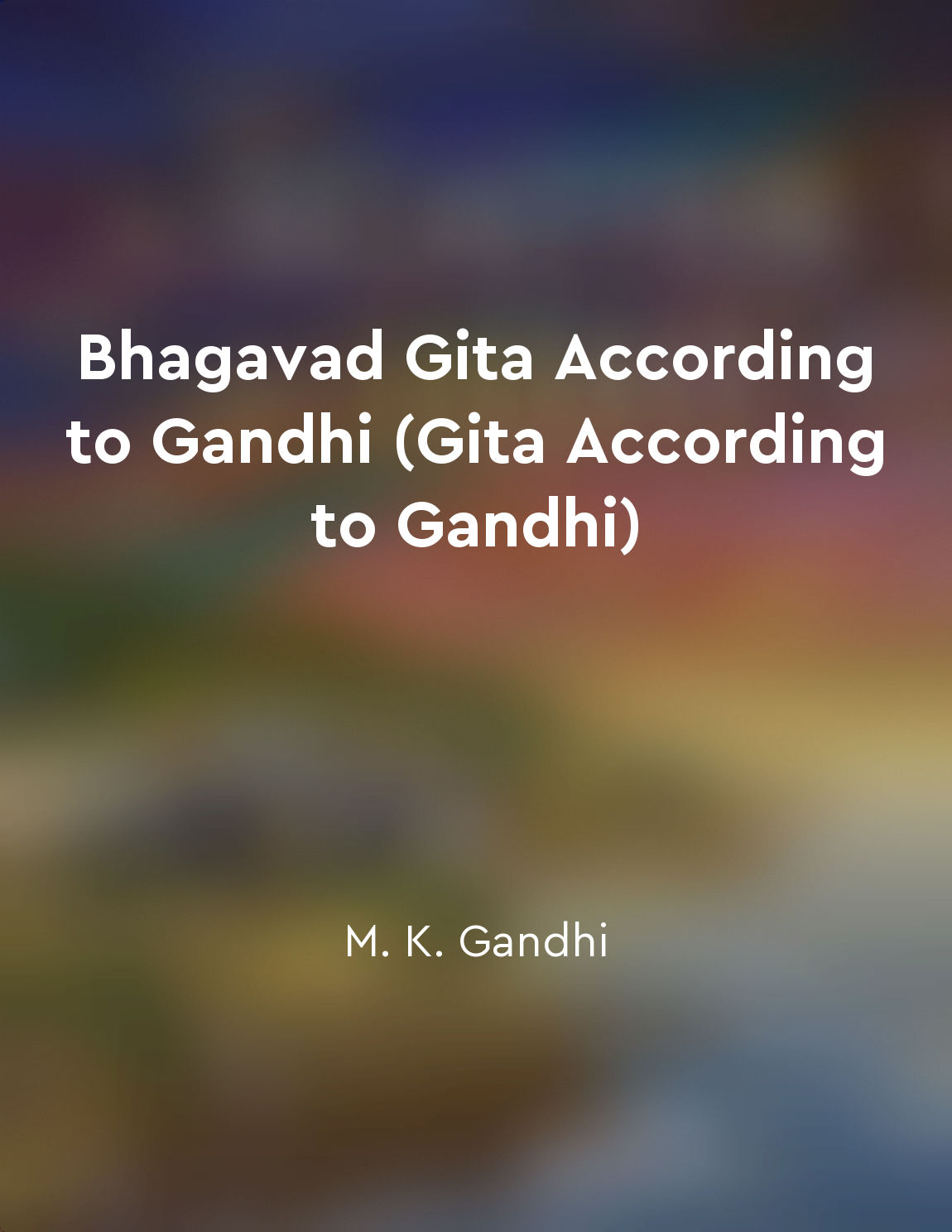Audio available in app
Eternal nature of the soul from "summary" of Bhagavad-gītā as it is by
The soul is eternal, meaning it is not subject to birth and death like the physical body. It is indestructible and beyond the reach of any weapon. The soul is not diminished by time, it does not grow old or deteriorate. It is said that the soul is unchangeable, constant and always the same. Just as a person puts on new clothes and discards old ones, the soul similarly accepts new bodies and gives up old ones. The soul is never touched by impurity, it is beyond the material world and its dualities. It is unaffected by pleasure and pain, heat and cold, honor and dishonor. The soul is transcendental, beyond the temporary nature of material existence. The soul is described as being smaller than the smallest and greater than the greatest. It is present within every living being, residing in the heart. The soul is the source of consciousness and life within the body. It is the driving force behind all actions and experiences. The soul is beyond the material elements of earth, water, fire, air and ether. It is beyond the mind, intelligence and false ego. The soul is not bound by the limitations of the material body, it is free and independent. It is the eternal witness, observing the activities of the body and mind. Realizing the eternal nature of the soul is the key to transcending the cycle of birth and death. By understanding that the soul is eternal, one can attain liberation from the material world and achieve ultimate spiritual realization. The Bhagavad-gītā teaches us to see beyond the temporary nature of the material world and to focus on the eternal nature of the soul.Similar Posts

Resolving conflicts with wisdom
When faced with conflicts in life, it is important to approach them with wisdom. The Bhagavad Gita teaches us that wisdom can h...
Stay true to your values
The Bhagvat Gita teaches us to always be rooted in our principles and beliefs. This is essential for leading a purposeful and m...

Embrace all living beings with kindness
The concept of embracing all living beings with kindness is a fundamental teaching in the Bhagavad Gita, according to Gandhi. G...

Cultivating inner strength
The concept of cultivating inner strength is emphasized in the Bhagavad Gita as a fundamental aspect of spiritual growth and se...

Stay connected to the inner self
The Bhagavad Gita teaches us the importance of staying connected to our inner self. This connection is vital for navigating the...
Finding liberation through selfless service
The concept of selfless service, or karma yoga, is a central teaching in the Bhagavad Gita. It is through performing our duties...

